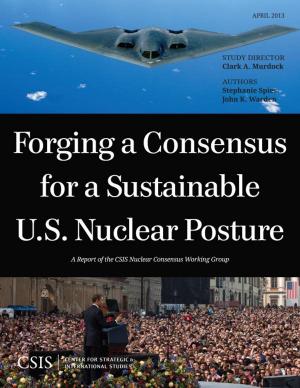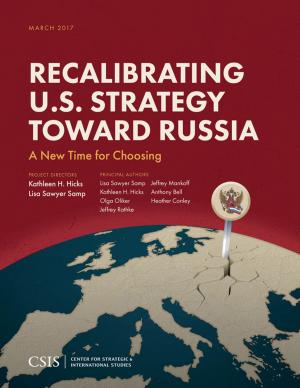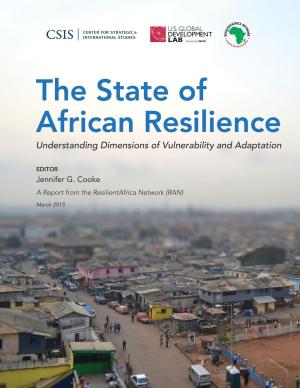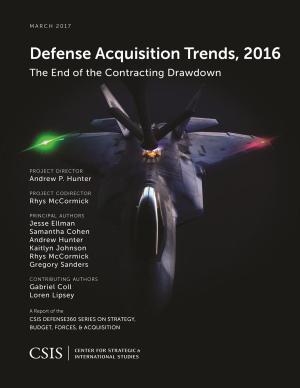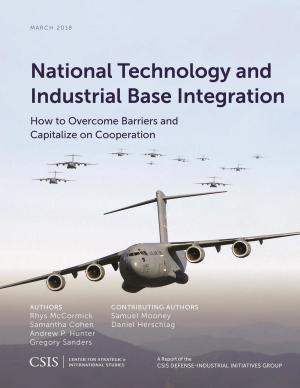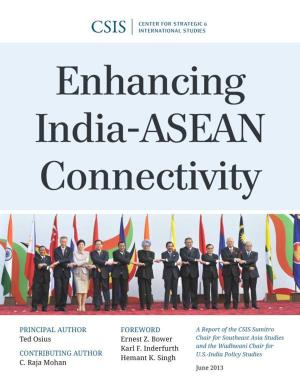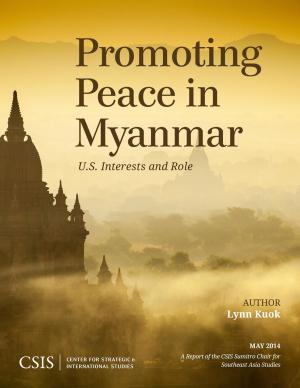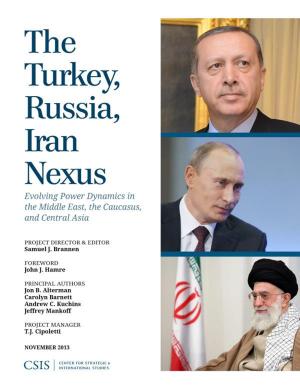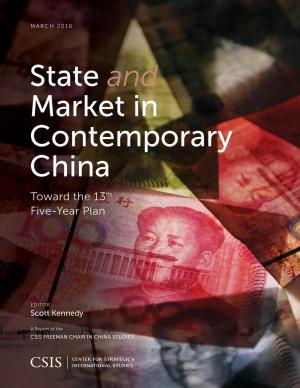The Article II Mandate
Forging a Stronger Economic Alliance between the United States and Japan
Nonfiction, Social & Cultural Studies, Political Science, International, International Security| Author: | Matthew P. Goodman, Yoichi Funabashi | ISBN: | 9781442280960 |
| Publisher: | Center for Strategic & International Studies | Publication: | January 4, 2019 |
| Imprint: | Center for Strategic & International Studies | Language: | English |
| Author: | Matthew P. Goodman, Yoichi Funabashi |
| ISBN: | 9781442280960 |
| Publisher: | Center for Strategic & International Studies |
| Publication: | January 4, 2019 |
| Imprint: | Center for Strategic & International Studies |
| Language: | English |
To explore opportunities for greater economic cooperation between the United States and Japan in third countries, the Center for Strategic and International Studies (CSIS) in Washington and the Asia Pacific Initiative (API) in Tokyo embarked on a joint research project using a case-study approach to examine four countries (Myanmar, Vietnam, India, and South Korea) and two institutional arrangements (regional trade architecture and the G7) where the United States and Japan have aligned interests. We found that shared interests and goals of the United States and Japan transcend today’s bilateral trade tensions, and despite China’s growing influence and assertive behavior there nevertheless remains a strong demand in the region for U.S. and Japanese leadership. Washington and Tokyo should therefore work to better coordinate their economic engagement in the region.
To explore opportunities for greater economic cooperation between the United States and Japan in third countries, the Center for Strategic and International Studies (CSIS) in Washington and the Asia Pacific Initiative (API) in Tokyo embarked on a joint research project using a case-study approach to examine four countries (Myanmar, Vietnam, India, and South Korea) and two institutional arrangements (regional trade architecture and the G7) where the United States and Japan have aligned interests. We found that shared interests and goals of the United States and Japan transcend today’s bilateral trade tensions, and despite China’s growing influence and assertive behavior there nevertheless remains a strong demand in the region for U.S. and Japanese leadership. Washington and Tokyo should therefore work to better coordinate their economic engagement in the region.



